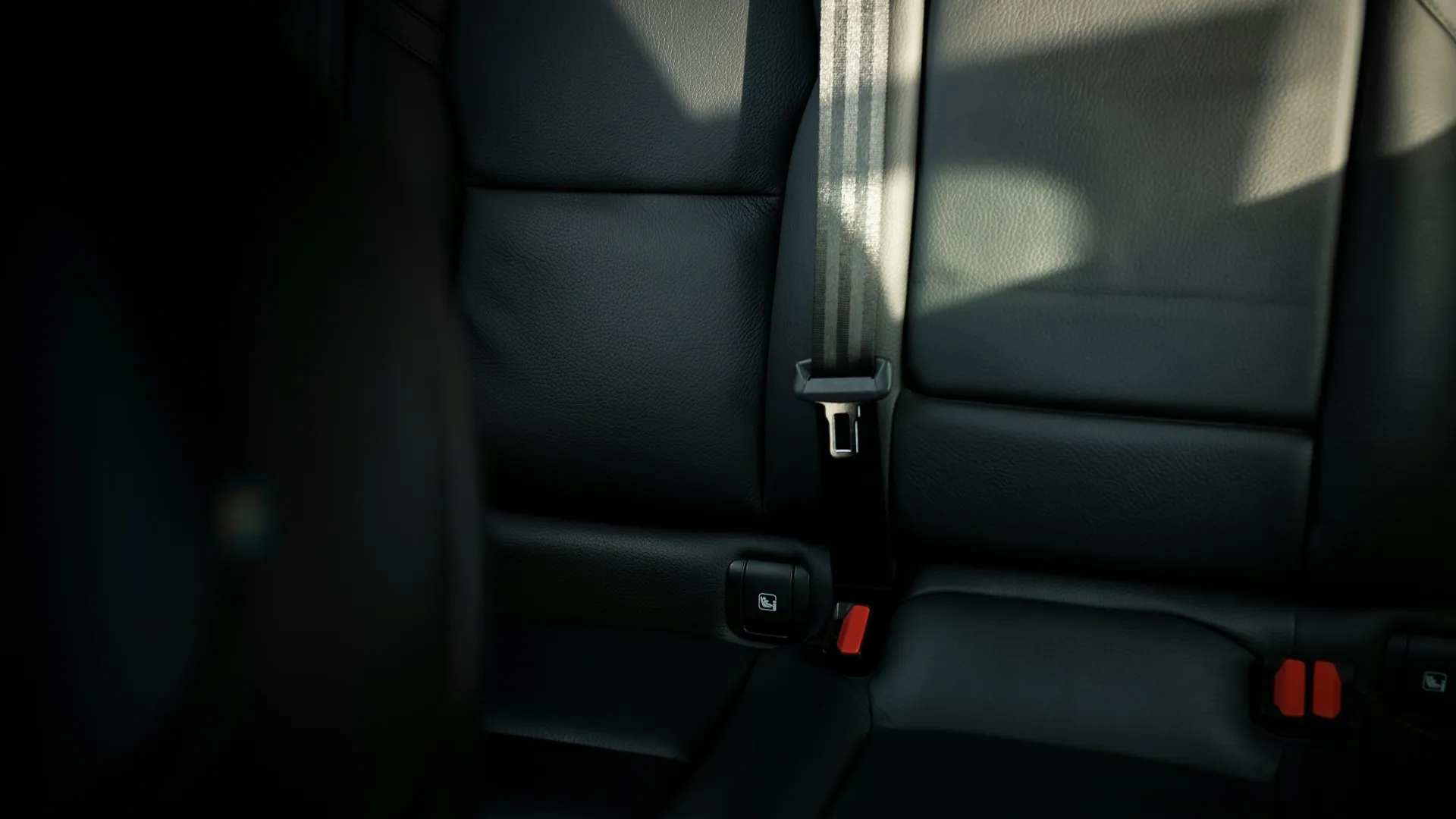The “peacemaker’s paradox”: Why you should embrace the arguments made against you

- Every argument has a corresponding counterargument.
- Acknowledging these can reveal weaknesses in your position but also help you sharpen your argument or realize its flaws.
- In his 2024 book Habits of a Peacemaker, author and law professor Steven T. Collis advises seeking out arguments made against you — even if doing so is uncomfortable.
If you ever want to have your day ruined, talk to an economist. One of the things economists are fond of pointing out is that there is no such thing as a free lunch. What they mean by this is that there is a cost to everything. If you say you’re excited to go get a free lunch, and there is an economist around, they will be quick to point out that if you think it’s free, you’re wrong. You’re giving something up to enjoy that lunch: the time to get there, whatever else you could have been doing during the lunch, another meal you might have enjoyed, other people you could have spent that time with. There is, they will say, always a trade-off.
Once they have you depressed, they will emphasize that those trade-offs are often referred to in economic theory as opportunity costs — the value of what you give up when you choose between two mutually exclusive options. This is not a hard concept to understand. Any time we choose to do one thing, we are giving up something else. If I choose to accept my friend’s free tickets to an NBA game, I am giving up spending that time with someone else or watching a different sporting event. If I choose to linger after work for happy hour, I am giving up time with my family. If I choose to go home to my family immediately after work, I am sacrificing networking time with potentially powerful connections in my career.
The economists are right: There is no such thing as a free lunch, and everything has a cost, which means for every position on a given topic there are arguments against it. Those arguments may be weak; they may not raise costs so high that you feel you should change your mind, but they do exist. And you should always be aware of them.
For a simple example, consider something like seatbelt laws. Except for New Hampshire, all of the states in the United States require adults to wear seatbelts. (All states require children to wear seatbelts.) The rationale is what we see on road signs anytime we take a trip: They save lives and reduce medical care expenditures related to accidents. Enough of us are convinced this is true; otherwise, all these seatbelt laws would not have passed. They have become so commonplace that few of us even question them anymore. That was not always so.
There are costs. One is that people must give up some of their personal autonomy when mandated to wear a seatbelt. Some may use the argument that if people want to choose to risk death when they drive, that is their choice; we don’t need a paternalistic government to protect us from every harm to which we might want to subject ourselves. Another cost that not everyone considers is that seatbelt laws disproportionately burden those families who want to have more children. It’s no longer the 1970s, when a hoard of kids climbing around in the back of a station wagon was perfectly legal. Requiring that every seat in a car have a belt means that any parents who would like to have more than three kids must incur a greater cost to purchase a bigger vehicle and will be disincentivized from having larger families.
When the various states were debating passing seatbelt laws, those and other arguments were brought to the fore. They obviously did not win the day almost anywhere, but they were real arguments that policy-makers needed to take seriously.
Similar arguments exist for any policy position you might adopt. So always ask yourself: What is the cost to what you want to see happen in the world? Once you come to understand that, you will have a better grip on the best argument against your view. You may even come to realize that the cost of what you want is just too high, which may force you to tweak or nuance your position. Doing so will make your viewpoint even stronger.
That is an important point. You are not seeking out the costs of your preferred position only to weaken your arguments. You are seeking them out to find the weaknesses in your position. The result will be that you either improve your view, or you realize you were mistaken. Either way, your world will be enhanced.

Don’t be afraid of arguments that make you uncomfortable
We live in a society that attempts at almost every turn to protect us from potential harm and discomfort. Psychologists, theologians, teachers, and philosophers have all recognized that some time, over the last sixty years, the wealthy nations of the Western world have shifted culturally. We used to adopt the mindset that people should lose themselves as part of various higher causes. In some instances, this belief was one of necessity. Children born into an environment in which the only option was to produce food or die needed to learn as quickly as possible to contribute to the enterprise of survival. The goal was to help them become contributors at an early age.
But the wealth and luxury of the modern world changed that. Many segments of society now operate with the mindset that we must not only protect children from physical harm, but from any notion of discomfort — mental, emotional, or physical. Instead of asking how we can contribute to society, we have started asking how society can be therapeutic to us. Anna Lembke traces all of this back to Freud:
[Freud’s] groundbreaking psychoanalytic contribution was that early childhood experiences, even those long forgotten or outside of conscious awareness, can cause lasting psychological damage. Unfortunately, Freud’s insights that early childhood trauma can influence adult psychopathology has morphed into the conviction that any and every challenging experience primes us for the psychotherapy couch.
With that conviction, many of us have been trained from an early age to avoid discomfort, including the discomfort of ideas or arguments that challenge how we view the world.
There is no such thing as a free lunch, and everything has a cost, which means for every position on a given topic there are arguments against it.
If you want to engage in constructive dialogue, if you want to help solve the world’s real problems, then you need to overcome that instinct our modern culture has created in us. Peacemakers are not afraid of arguments or facts that challenge their worldview. They seek them out. They analyze them. If arguments or facts make them uncomfortable, they seek to understand why.
Know that each of us is part of a culture that has increasingly trained us to avoid any and all distress. Once you embrace that, you can then prepare yourself to find and embrace ideas and arguments that may prove you wrong.





